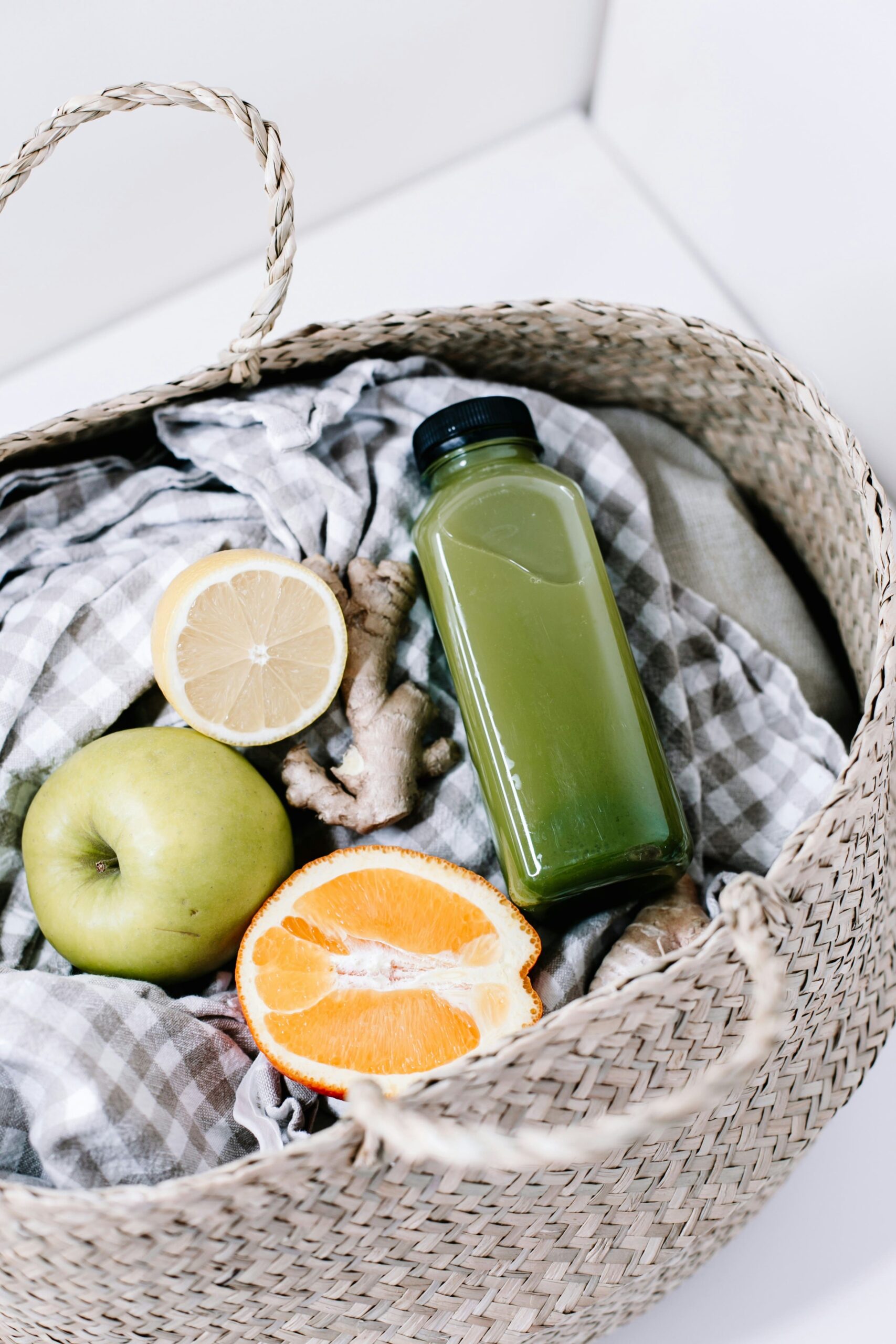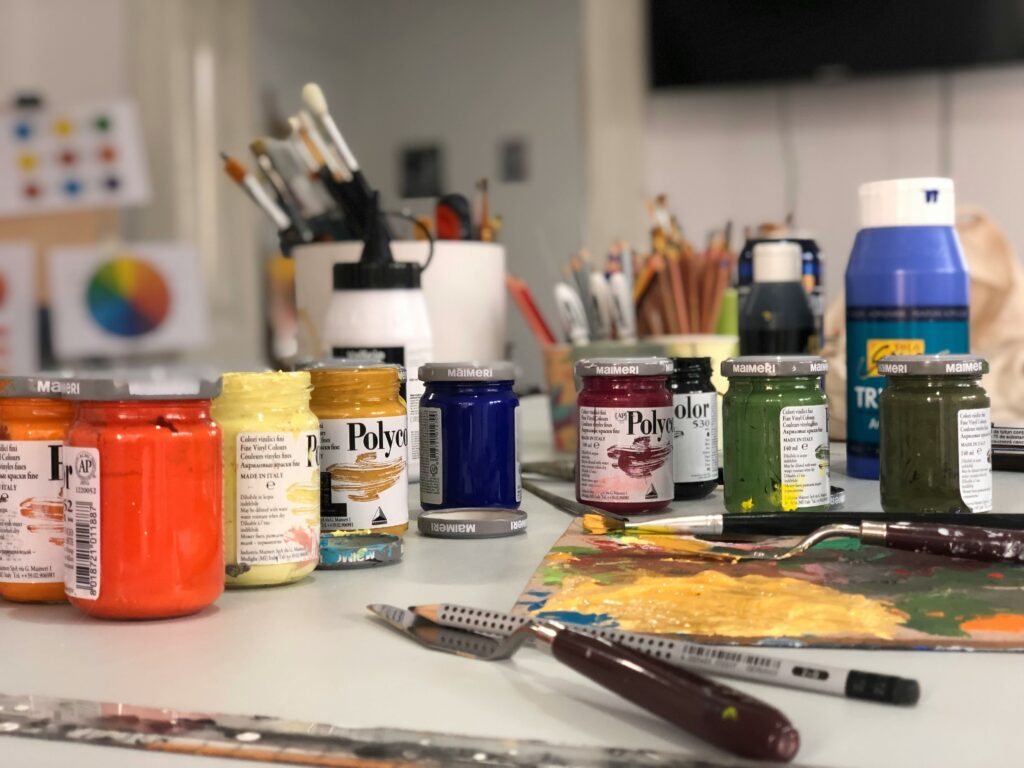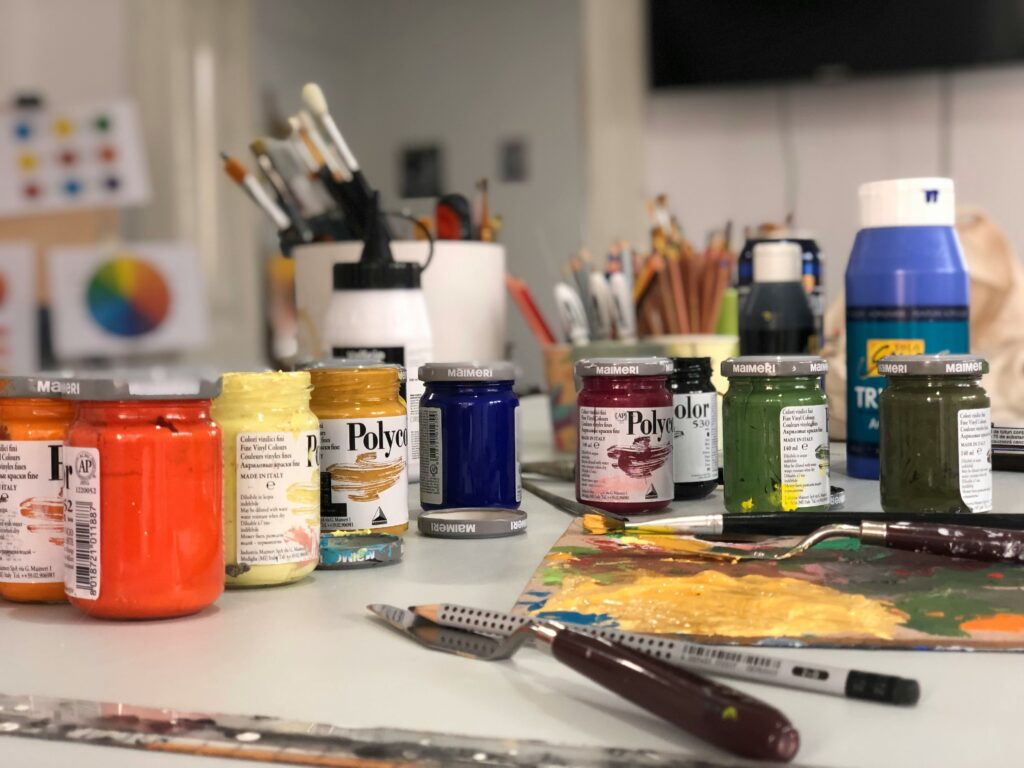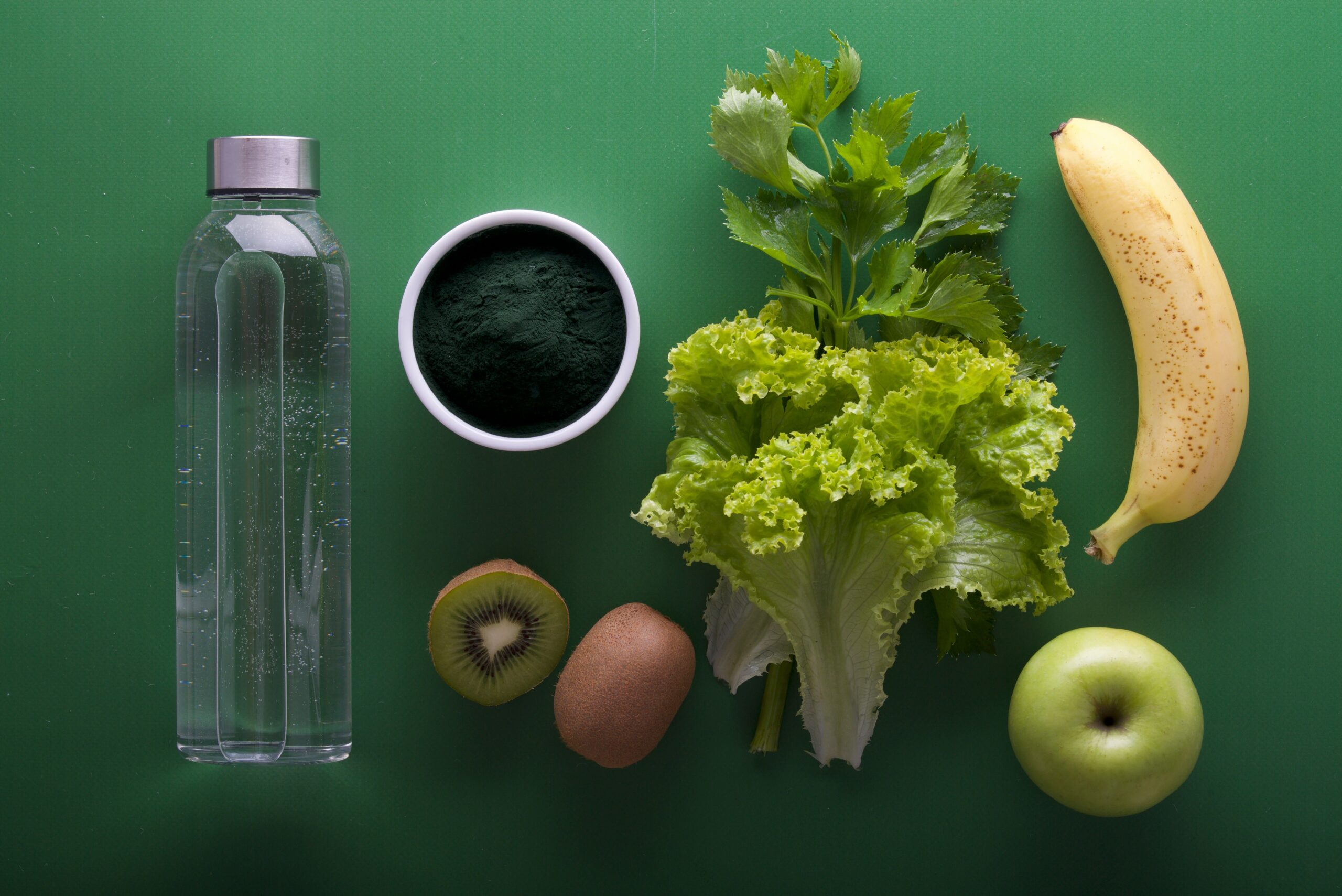Now Reading: Detox Diets for Addiction Recovery
-
01
Detox Diets for Addiction Recovery
Detox Diets for Addiction Recovery

Explore detox diets for addiction recovery. Support healing, flush toxins, boost energy, and restore balance with nutrient-rich, cleansing foods.
Introduction
Recovery from addiction is not just about staying sober—it’s about healing your whole body. Substance use takes a serious toll on physical health, often leaving the liver, digestive system, and immune system weakened. That’s where detox diets for addiction recovery can play a helpful role.
These diets focus on whole, clean foods that nourish the body and support its natural detoxification processes. While detoxing doesn’t replace therapy or medical treatment, it offers meaningful support in flushing out toxins, restoring balance, and boosting energy during recovery.
What Are Detox Diets?
Detox diets are eating plans designed to reduce toxin intake and support the organs responsible for elimination—especially the liver, kidneys, digestive system, and skin. They include:
- Whole, unprocessed foods
- High-fiber fruits and vegetables
- Hydrating fluids
- Foods rich in antioxidants, vitamins, and minerals
- Herbal teas or broths to soothe digestion
Detox diets avoid processed foods, refined sugar, caffeine, alcohol, fried foods, and artificial additives.
Why Detox Diets Matter in Addiction Recovery
Addiction—whether to alcohol, drugs, or prescription medication—can leave harmful residues in the body. Substances may damage organs, deplete nutrients, and slow down natural detox systems.
Here’s how detox diets for addiction recovery help:
1. Flush Out Toxins
Toxins from drugs and alcohol build up in the liver, colon, and fat cells. Detox diets provide nutrients that support liver enzymes, stimulate digestion, and promote waste elimination.
📊 A study published in Nutrients (2018) highlighted that detoxification-supporting foods can speed up toxin clearance and reduce oxidative stress in recovering patients 1.
2. Boost Energy and Reduce Fatigue
Recovery can leave you feeling sluggish, especially during early withdrawal. Detox diets reduce inflammation, balance blood sugar, and help restore energy levels naturally.
3. Improve Digestion and Gut Health
A clean, plant-forward detox diet helps repair damage to the gut lining and supports the microbiome. A healthy gut improves nutrient absorption, stabilizes mood, and boosts immunity.
4. Balance Mood and Reduce Cravings
Processed and sugary foods can cause mood swings and increase cravings. Detox diets stabilize mood by supporting blood sugar balance and reducing inflammation—two key factors in relapse prevention.
5. Restore Nutrient Levels
Substance use often depletes vitamins and minerals like B vitamins, vitamin C, magnesium, and zinc. Detox diets replenish these nutrients through food, which supports mental clarity and physical recovery.

Best Foods for Detox Diets in Recovery
Focus on foods that naturally support the body’s cleansing systems. Here are some detox-friendly superstars:
🍋 Lemons and Citrus Fruits
High in vitamin C and antioxidants, lemons support liver function and alkalize the body. A glass of warm lemon water in the morning gently activates digestion.
🥬 Leafy Greens
Kale, spinach, arugula, and Swiss chard are rich in chlorophyll, which helps remove toxins from the bloodstream.
🥦 Cruciferous Vegetables
Broccoli, cauliflower, and Brussels sprouts help stimulate liver enzymes that detoxify the body.
🍵 Herbal Teas
Dandelion, ginger, and milk thistle tea support the liver, aid digestion, and reduce inflammation.
🫐 Berries
Blueberries, raspberries, and strawberries are packed with antioxidants that repair cellular damage caused by substance use.
🥒 Cucumbers and Celery
Hydrating and rich in electrolytes, these vegetables help flush out toxins and reduce bloating.
🥑 Healthy Fats
Avocados, nuts, seeds, and olive oil support hormone balance and reduce inflammation without taxing the liver.
Foods to Avoid During Detox
To experience the full benefits of detox diets for addiction recovery, it’s best to avoid:
- Refined sugar and sugary drinks
- Fried or fast food
- Artificial sweeteners and additives
- Excess salt
- Alcohol and caffeine
- Processed snacks (chips, cookies, crackers)
These foods increase inflammation, spike blood sugar, and interfere with detoxification.
Sample Detox Meal Plan for Recovery
| Meal | Example |
|---|---|
| Morning | Warm lemon water, followed by oatmeal with flaxseeds and berries |
| Snack | A handful of almonds and sliced cucumber |
| Lunch | Quinoa bowl with chickpeas, spinach, shredded carrots, olive oil |
| Snack | Herbal tea and apple slices with almond butter |
| Dinner | Steamed salmon with roasted broccoli and sweet potato |
| Evening | Chamomile tea or warm ginger water |
This plan is simple, balanced, and rich in detox-supporting nutrients.
Tips for Success with Detox Diets in Recovery
Detox doesn’t mean starving yourself or going to extremes. It’s about gentle, consistent nourishment.
✅ 1. Start Slow
If you’re transitioning from a processed-food diet, introduce detox meals gradually. Sudden changes may cause fatigue or digestive discomfort.
✅ 2. Hydrate Well
Drink plenty of water throughout the day. Add lemon, cucumber, or mint for extra benefits.
✅ 3. Listen to Your Body
Every recovery journey is unique. Pay attention to how you feel. Avoid diets that make you feel weak, dizzy, or overly restricted.
✅ 4. Include Rest and Movement
Gentle exercise (like walking or yoga) and proper sleep support detox and mental clarity.
Cautions About Detox Diets
While detox diets for addiction recovery are generally safe when based on whole foods, avoid extreme or commercial detox plans that involve:
- Fasting for long periods
- Juice-only cleanses
- Expensive supplements or teas with laxatives
Always consult a doctor or registered dietitian before starting a detox diet—especially if you’re in early recovery or on medication.
Scientific Support for Detox in Recovery
- A 2020 study in Frontiers in Nutrition found that whole-food detox diets improved liver function, mood, and cognitive performance in people recovering from alcohol use disorder 2.
- Another study in The Journal of Alternative and Complementary Medicine found that antioxidant-rich diets reduced withdrawal symptoms and boosted mental resilience 3.
These studies reinforce the benefits of a nourishing detox diet when used as part of a broader recovery plan.
Final Thoughts
Healing from addiction takes more than time—it requires care, nourishment, and intentional lifestyle changes. Detox diets for addiction recovery offer a gentle, natural way to support your body as it rebuilds. By focusing on clean, healing foods, you flush out toxins, reduce cravings, and support lasting sobriety.
Food can be medicine. Every healthy choice you make—every meal filled with real, nourishing ingredients—brings you one step closer to wholeness.
References
- Gonzalez, M. J., et al. (2018). Nutrition and detoxification in recovery. Nutrients, 10(5), 601. ↩
- Smith, K. A., et al. (2020). Dietary intervention in alcohol recovery. Front Nutr, 7, 12. ↩
- Chang, J. J., et al. (2017). Role of antioxidant detox diets in addiction recovery. J Altern Complement Med, 23(10), 801–808. ↩

Jen Sheldon is a seasoned writer with a passion for fitness, health, wellness, and addiction treatment. With years of experience crafting insightful and research-backed content, she helps readers navigate their journey toward better well-being. When she’s not writing, you’ll find her exploring new workout routines or diving into the latest health trends.


























